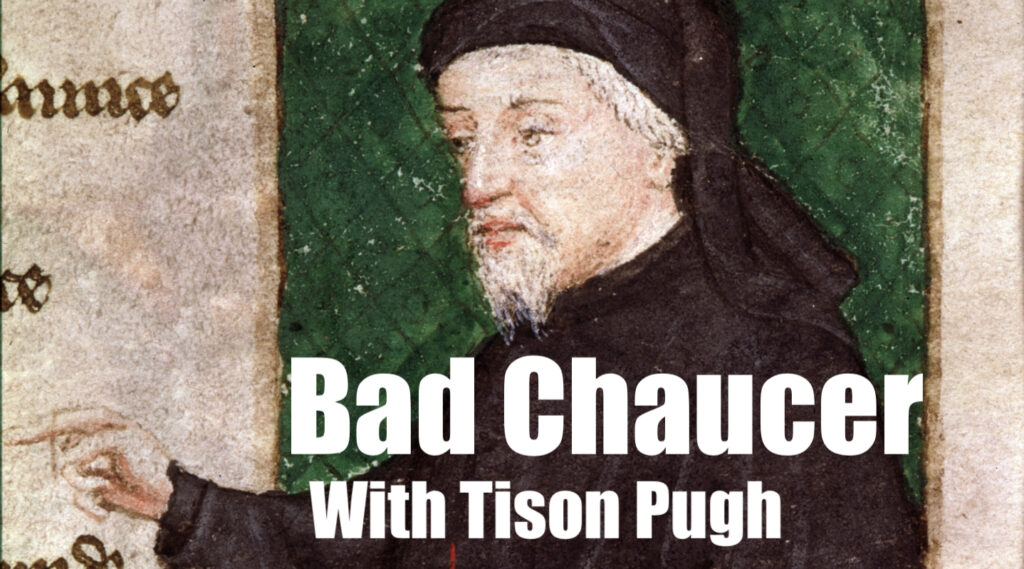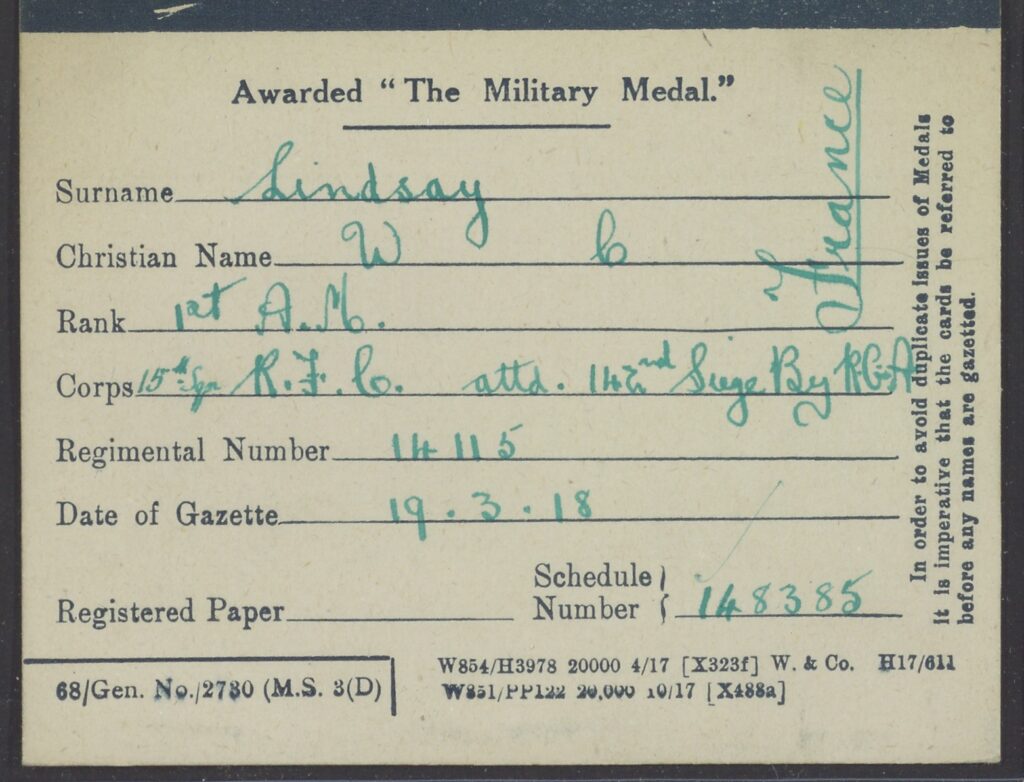The York Theatre Royal says Richard III has been given a voice so he can finally “speak for himself.”
Universal History Archive / Getty Images
Researchers are recreating the voice of Richard III, England’s infamous monarch who reigned for just two years in the 1480s.
The king, who was immortalized as a titular William Shakespeare villain, has been transformed into a digital avatar at the York Theatre Royal who speaks via video to guests in a Yorkshire accent.
The project, called “A Voice For King Richard III,” began a decade ago after historians discovered the king’s remains beneath a parking lot in Leicester, England, in 2012.
Around that time, vocal coach Yvonne Morley-Chisholm was in Leicester attending a conference. “It fell to me to provide the entertainment,” she tells BBC News. “And I thought, ‘Well, we’re in Leicester, better do something—haven’t they found that chap under a carpark?’”
Morley-Chisholm started wondering what the real Richard III was like, so she contacted the Richard III Society, who sent an expert to talk to the group. The speaker mentioned that scientists had created a reconstruction of Richard’s head, which got Morley-Chisholm thinking about his voice. Since then, a group of experts across numerous academic disciplines has been working together to create the digital avatar.
“That involved dentistry, physiotherapy, the craniofacial reconstruction, the original pronunciation, forensic psychology, all sorts,” she tells NBC News’ Freddie Clayton.
The goal was to get the avatar to resemble Richard as closely as possible. Experts from Liverpool John Moores University, along with a craniofacial specialist, worked to recreate the king’s features based on his skull.
Then, the team turned to his voice. Famous Shakespearean actors, like Laurence Olivier or Ian McKellen, often deliver Richard’s lines in received pronunciation, an English accent associated with the middle and upper classes. However, Richard spent many years in Yorkshire, so the accent is likely inaccurate.
David Crystal, a linguist who specializes in 15th-century pronunciation, played a key role in determining how the king spoke. While visitors won’t actually hear Richard’s voice, they will hear the voice of Thomas Dennis, an actor who worked closely with Morley-Chisholm to mimic Richard’s speech.
A model of Richard III based on the remains of the monarch found beneath a parking lot in 2012
York Theatre Royal
While Shakespeare portrays the king as manipulative, cunning and cruel, historians have long debated the accuracy of this image. Some scholars think he was a sympathetic figure and capable ruler.
“He has his supporters, and he also has centuries of detractors,” Nathen Amin, author of Henry VII and the Tudor Pretenders: Simnel, Warbeck and Warwick told Smithsonian magazine’s Meilan Solly in 2023. “The difficulty, of course, is to try and toe that middle line, to try and find the real Richard.”
The York Theatre Royal poses the question, “Was he a good man or murderous psychopath? Now King Richard III will speak for himself.”
Visitors may be surprised to learn that the avatar reveals a soft-spoken man who sounds more like Jon Snow than Charles III. Plus, the accent may just change how people relate to the king.
This version of Richard seems like “a common man for the common people,” a visitor tells Sky News. “I think it’s a good revelation.”


